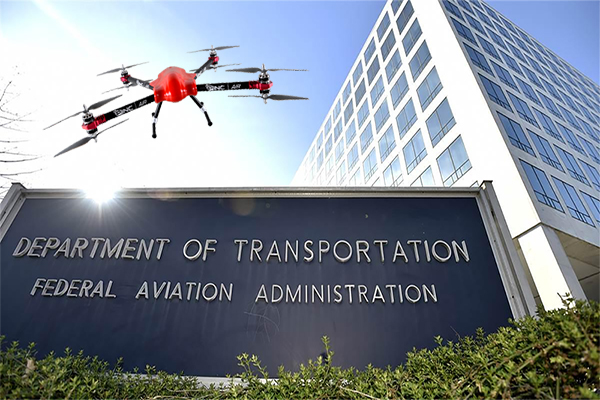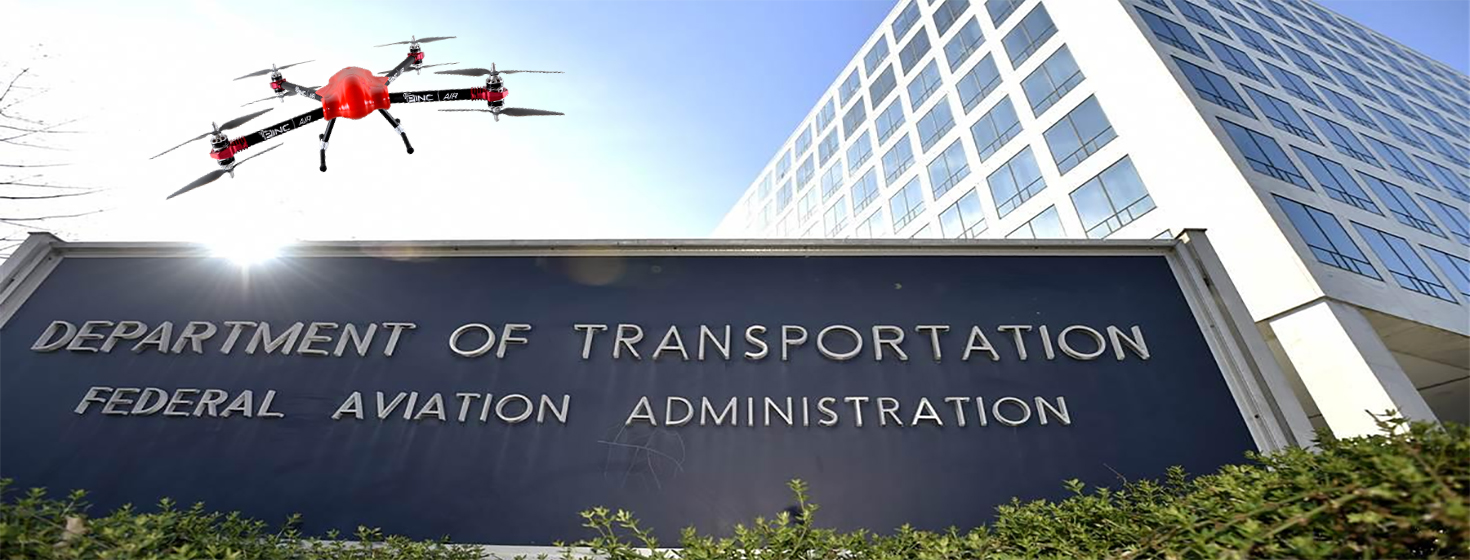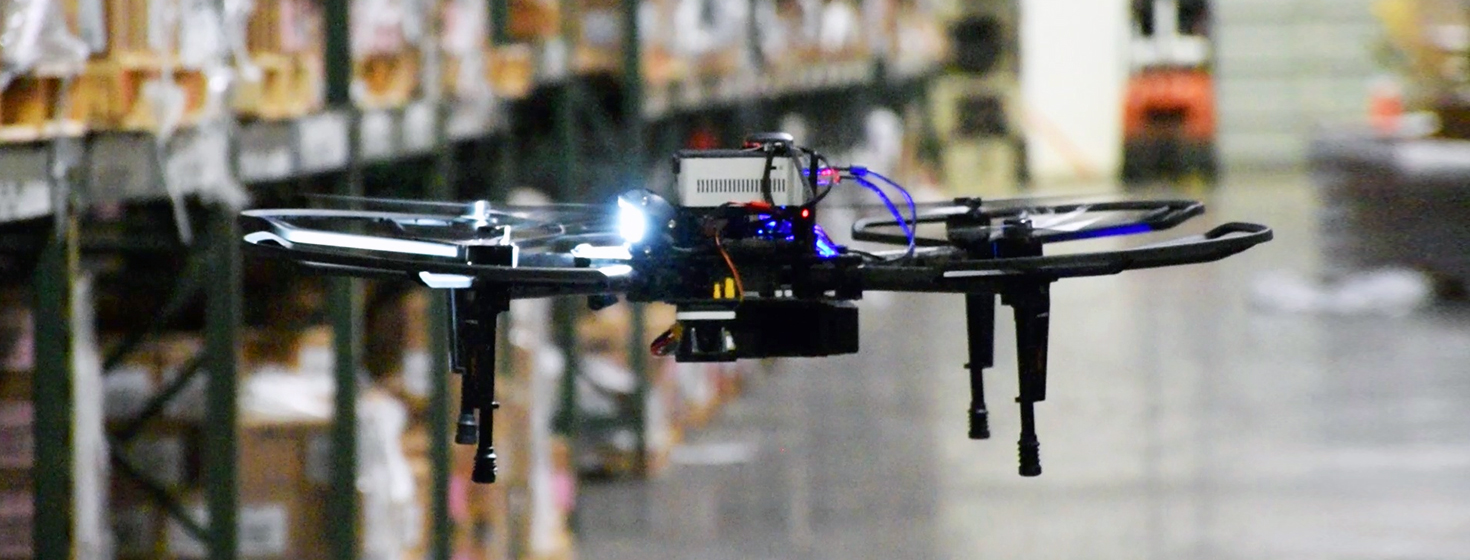Unmanned Aircraft System Integration Pilot Program
The Federal Aviation Administration (FAA) this week provided updates on four successful flights in states across the U.S. as part of its Unmanned Aircraft System Integration Pilot Program to get more unmanned aerial systems (UAS) in the national airspace.
In an email newsletter, the FAA said four successful flights in North Carolina, Virginia, Kansas, and Oklahoma “demonstrate how the FAA’s program awardees are using drones in innovative ways to assist their communities in their day-to-day duties.”
Earlier this year, the FAA named 10 companies and programs to participate in the UAS Integration Pilot Program.
It is designed to create a new regulatory framework for the safe drone integration into the national airspace.
In August 2016, the FAA created rules that required commercial drone operators to register their drone, fly at or below 400 feet and within line of sight, and be aware of FAA airspace restrictions.
In July, the agency said more than 100,000 people obtained a Remote Pilot Certificate to fly drones for commercial or recreational use.
The agency has also awarded Part 107 Waivers that would let pilots fly in special circumstances, including flying at night, directly over people, flying multiple aircraft, above 400 feet, beyond visual line of sight (BVLOS), or flying near airports or controlled airspace.
Since 2016, more than 1,800 waivers have been issued to operators across the U.S., with California leading the U.S. with 228 total waivers issued.
In the drone integration program, the latest successful flight was WakeMed Health and Hospitals, which flew a Matternet drone in Raleigh, N.C. It demonstrated how drones can be used to deliver medical supplies to rural patients.
Other flights noted by the FAA include:
- The Virginia Tech Mid-Atlantic Aviation Partnership completed a long-distance drone delivery test, delivering an ice-cream cone to a child.
- The Kansas Department of Transportation flew a BVLOS flight, where almost 50 people watched a demonstration where drones were flown beyond pilots’ sight.
- In Oklahoma, the Choctaw Nation and FAA used drones to help bait feral hog traps.
Earlier this year, Dan Elwell, the Acting Administrator of the FAA, talked about the FAA being “open for business” in terms of how the agency wanted to actively collaborate with drone industry stakeholders.
Related Article: Warehouse Drones Ready for Digital Inventory Management
Related Resources
Using Autonomous Robots to Drive Supply Chain Innovation
This paper details how new technologies are presenting promising opportunities for improvement across the supply chain and how autonomous robots and drones are poised to change the game. Download Now!
Global Autonomous Inventory Robotics New Product Innovation Award
This best practices research paper details the PINC Air inventory robotics solution with its quick deployment model, faster inventory velocity, product ingenuity, and rapid ROI underscoring the decision for PINC to win Frost & Sullivan’s 2017 New Product Innovation Award. Download Now!
The Four Forces Driving Supply Chain Innovation
When supply chain professionals discuss supply chain execution, their focus is typically put on transportation management systems and warehouse management systems, the yard management systems capability and importance is mistakenly undervalued. Download Now!
The Rise of the Digital Yard
In this white paper we explore the rise of the digital yard and show how technology is enabling significant efficiencies, productivity gains, and cost containment in a world where every penny added to the bottom line positively impacts organizational success. Download Now!
Solution Brief: Yard Management System
Yards are the intersection between warehouses and transportation, they are a critical linkage in logistics management practices and have a significant impact on the overall efficiency of the supply chain. Download Now!
More PINC Resources
Article topics
Email Sign Up
























